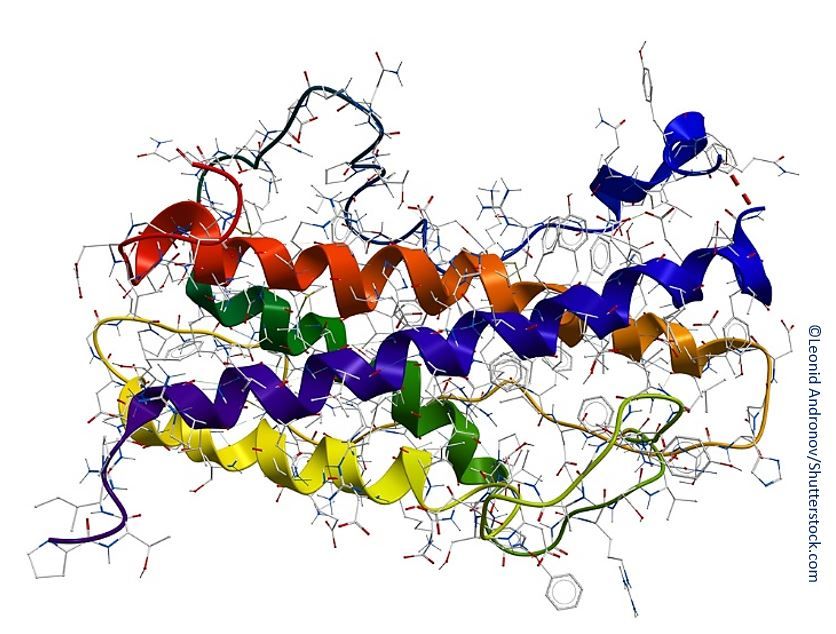8-question Quiz on GH Deficiency and Replacement
From BMD T-scores in adults with GHD to how GH supplementation affects cardiac function--test your knowledge of the details.

The most recent clinical practice guidelines on evaluation and treatment of adult growth hormone deficiency (AGHD) from The Endocrine Society are based on a significant body of evidence. We reviewed the document looking for facts and figures that might interest practicing endocrinologists. The result is this 8 question quiz that tests your knowledge on topics from BMD T-scores in adults with GHD to how GH supplementation affects cardiac function. Good luck!
Question 1.
Please click below for answer and next question.
Answer: D. A and B
Pituitary adenomas and craniopharyngiomas are the most common tumors associated with hypopituitarism in adults.
Question 2.
Please click below for answer and next question.
Answer: C. 30% to 60%
Approximately 30% to 60% of pituitary macroadenomas are associated with one or more anterior pituitary hormone deficiencies.
Question 3.
Please click below for answer and next question.
Answer: D. 60%
On average, 60% of patients regain function of at least one pituitary hormone after transsphenoidal surgery.
Question 4.
Approximately 35% of childhood-onset patients with GHD have BMD T-scores of ≤2.5 (the threshold for the diagnosis of osteoporosis).
Please click below for answer and next question.
Answer: C. 20%
Approximately 20% of patients with adult-onset GHD have BMD T-scores of ≤2.5, indicating the presence of osteoporosis.
Question 5.
Please click below for answer and next question.
Answer: B. False
Fracture rates are increased 2- to 5-fold in GHD vs non-GHD patients.
Question 6.
Please click below for answer and next question.
Answer: C. 18 to 24 months
Studies have shown increases in BMD of up to 10% after 10 to 24 monnths of growth hormone replacement therapy.
Question 7.
Please click here for answer and next question.
Answer: A. Vertebral
GH treatment effects on BMD are generally greater at vertebral than femoral sites.
Question 8.
Please click below for answer.
Answer: E. All of the above
A number of studies reveal that the most consistent increases in cardiac function after GH replacement are in LV mass, LV end diastolic function, and stroke volume.
Source
Molitch ME, Ciemmons DR, Malozowski S, Merriam GR, Vance ML. Evaluation and treatment of adult growth hormone deficiency: an Endocrine Society Clincal Practice Guideline. J Clin Endocrinol Metab. 2011;96:1587-1906.